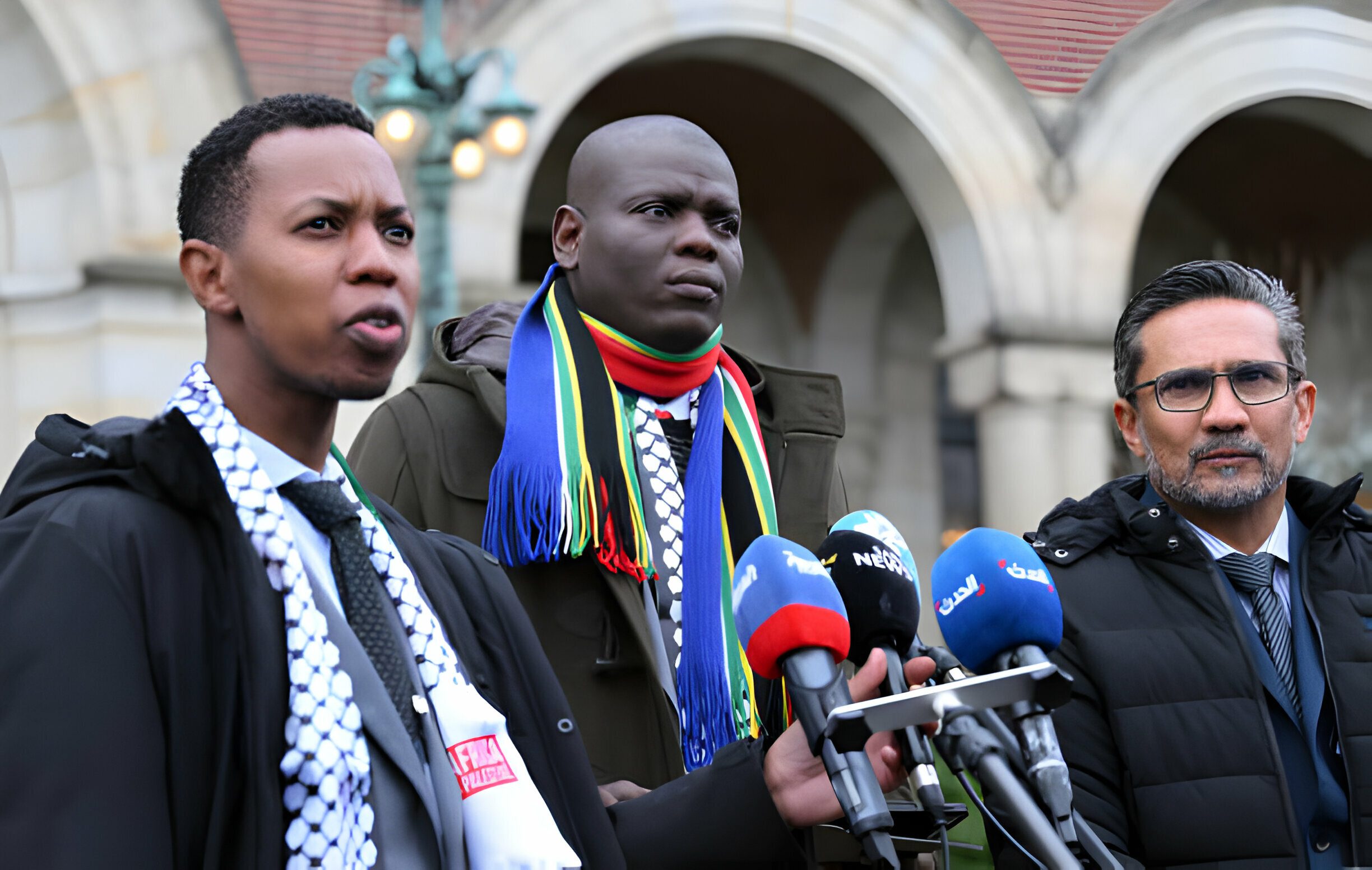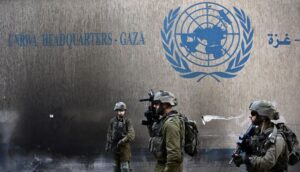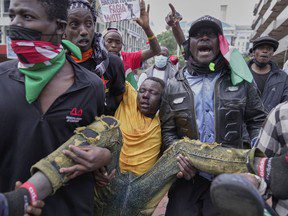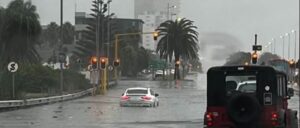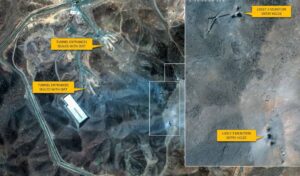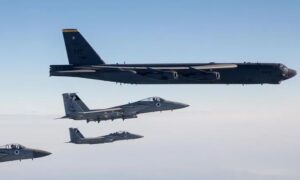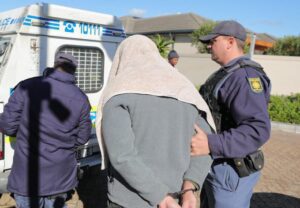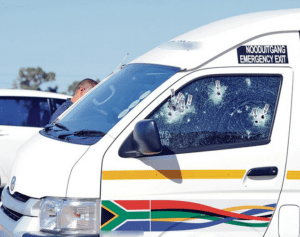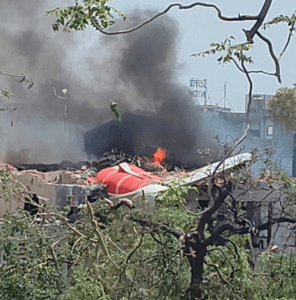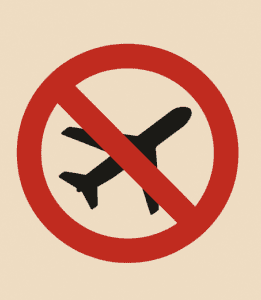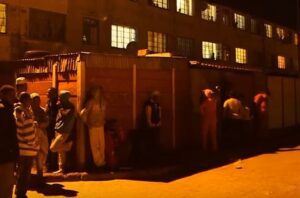In a significant development in international law and diplomacy, the International Court of Justice (ICJ) is poised to deliver a critical verdict this Friday. This decision pertains to South Africa’s plea for urgent actions against Israel, regarding accusations of genocide during the conflict in Gaza.
The announcement of this landmark decision will be made by a panel of 17 judges and presided over by ICJ President Judge Joan Donoghue. The verdict will be publicly issued at the Peace Palace, marking a pivotal moment in international relations.
South Africa’s Stance and Diplomatic Efforts
Clayson Monyela, spearheading public diplomacy, disclosed that Naledi Pandor, the South African Minister of International Relations and Cooperation, will be in attendance at The Hague for this crucial ruling.
The foundation of this legal challenge was laid on December 29, when South Africa filed for emergency measures. The country’s request to the ICJ included compelling Israel to halt military operations, prevent harm to Palestinians, and stop actions that could lead to their decimation.
These proceedings, which commenced with a hearing on provisional measures on January 11 and 12, represent the initial stage of South Africa’s broader accusation of Israel breaching the Genocide Convention.
The Context of the Conflict
The dispute dates back to January 11, 2024, when South Africa accused Israel at the ICJ of violating the 1948 Genocide Convention. This accusation followed Israel’s extensive military response to a deadly attack by Hamas on October 7, 2023, which resulted in the loss of 1,200 Israeli lives.
Reports indicate that over 25,000 Palestinians have been killed in the Israeli retaliatory strikes, with children making up at least half of these casualties. The siege has led to a severe humanitarian crisis, characterized by a lack of access to food and healthcare, as the healthcare infrastructure has been almost entirely obliterated.
The South African legal team urged the court to implement provisional measures, including an immediate ceasefire, to prevent further damage while the court assesses the full merits of the case.
South Africa’s Foreign Policy Milestone
This legal action is viewed as a defining moment in South Africa’s foreign policy since the end of apartheid in 1994. The country’s journey from the last bastion of 20th-century colonialism to a beacon of “Third World” solidarity and freedom is well-documented. The 1994 policy document of the now-ruling African National Congress (ANC) highlighted this evolution.
Historical Solidarity with Palestine
Historically, during the Cold War era, the apartheid regimes of South Africa and Israel collaborated on various fronts, including military and nuclear issues. Conversely, the Palestinian Liberation Organisation (PLO) and the ANC fostered a different kind of internationalism, rooted in solidarity among Third World nations.
In 1974, PLO leader Yasser Arafat’s address to the United Nations General Assembly marked a significant moment, as he advocated for rights similar to those sought by other liberation movements. His speech was as critical of the apartheid regime as it was of Israel.
Oliver Tambo, then ANC president, echoed Arafat’s sentiments in 1976 at the same platform, expressing unwavering support for the Palestinian cause. Beyond diplomatic backing, the ANC and PLO also exchanged resistance strategies. Notably, Arafat’s Fatah faction provided the ANC and other movements with training and arms. The relationship between Tambo and Arafat was characterized by mutual trust, with Tambo seeking Arafat’s assistance in securing funding and managing financial contributions from the Middle East.

